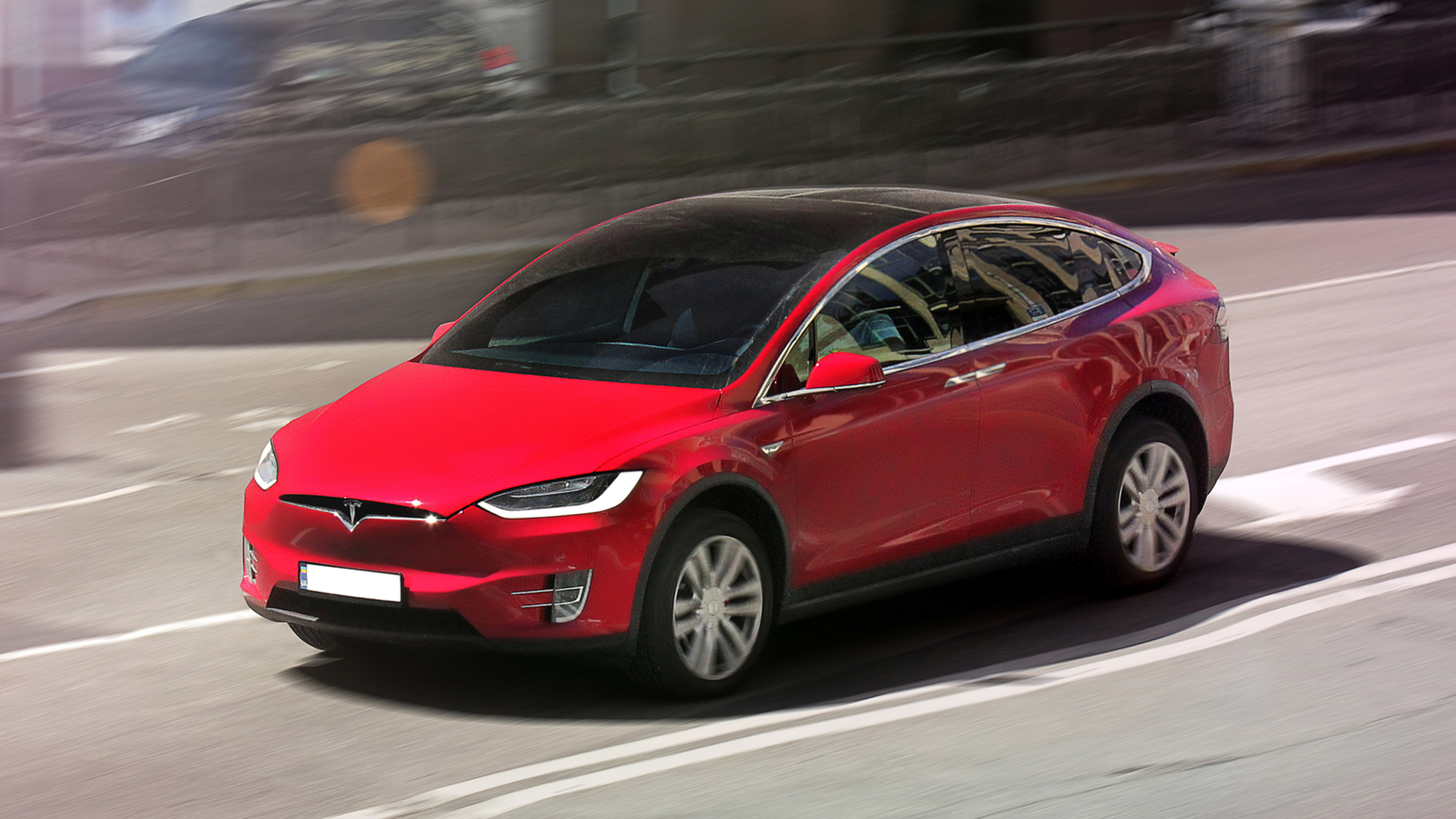

The National Highway Traffic Safety Administration (NHTSA) has issued a sweeping recall affecting nearly every Tesla sold in the US due to safety flaws within the vehicles’ Autopilot systems. About two million vehicles will receive over-the-air software updates in the coming days to address the company’s latest setback in its ongoing “Full Self-Driving” project.
According to the federal authority’s December 12 announcement, the electric vehicle company’s flagship, increasingly criticized “driver-assistance feature” reportedly fails to properly ensure drivers remain attentive and in control of their EVs. Because of this, the NHTSA determined “in certain circumstances when Autosteer is engaged, the prominence and scope of the feature’s controls may not be sufficient to prevent driver misuse.” As a result, Tesla vehicles with the outdated Autopilot system enabled could fail to properly guard against potential accidents.
[Related: Tesla is under federal investigation over autopilot claims.]
The update will apply to all Model X, Model S, Model 3, and Model Y cars manufactured between October 5, 2012, and December 7, 2023. Once installed, the latest Autorsteer version will reportedly “further encourage the driver to adhere to their continuous driving responsibility” via additional controls and alerts, as well as limit where the feature can be activated.
The sweeping recall is the latest blow to Tesla’s long standing promise to soon offer customers a suite of fully autonomous vehicles. The Full Self-Driving program has faced years of pushback from vehicle safety regulators and industry critics over its safety record, efficacy, and overall capabilities. Prior to this week’s recall, Autopilot was advertised as a “hands-on driver assistance system” intended only for use while operators maintained constant attention on the road.
“It does not turn a Tesla into a self-driving car nor does it make a car autonomous,” reads the company’s own description.
As Wired notes, Tesla drivers must agree to “maintain control and responsibility” for their EV while Autopilot is engaged. When activated, the feature offers a scalable number of audio and visual warnings when a driver is detected to have removed their hands from the steering wheel. Autopilot will automatically shut off for the rest of a trip if too many alerts are triggered.
Despite these caveats, Tesla CEO Elon Musk has long promised the imminent arrival of autonomous Tesla EVs. In October 2022, Tesla CEO Elon Musk told investors during a call that Full Self-Driving would soon allow drivers to travel, “to your work, your friend’s house, to the grocery store without you touching the wheel,” before cautioning, “we’re not saying that that’s quite ready to have no one behind the wheel.”
[Related: Tesla lawyers argued Elon Musk Autopilot statements might be manipulated with deepfake tech.]
Aside from the multiple recall alerts in recent years, the Department of Justice is also investigating whether or not Tesla and its CEO repeatedly misled investors and consumers about Autopilot’s capabilities. In a demonstration video still available on Tesla’s website, a person is shown sitting in the driver’s seat without their hands on the steering wheel as the car navigates a public road.
“The person in the driver’s seat is only there for legal reasons. He is not doing anything. The car is driving itself,” reads a video subheading.
As The Register reported earlier this week, Tesla lawyers recently responded to a separate, similar investigation by the state of California into false and misleading Autopilot claims—according to the company’s legal team, Tesla continues to operate within its First Amendment right to free speech.
